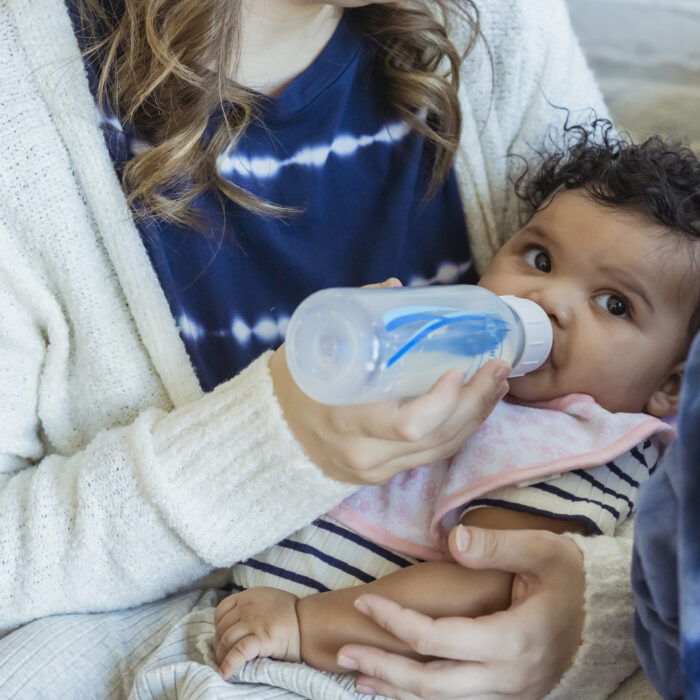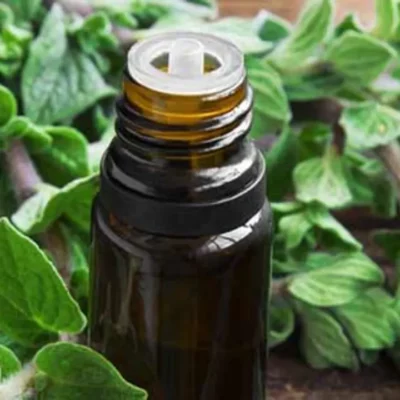
Toxic Baby Formula: The Similac Lawsuit Explained
As a parent, you want nothing but the best for your child, especially when it comes to their health and well-being. That’s why it’s alarming to hear about allegations of toxic baby formula that can potentially harm your little one. The Similac Lawsuit is one such case that has been making headlines recently.
Similac, a popular brand of baby formula produced by Abbott Laboratories, has been accused of causing Necrotizing Enterocolitis (NEC) in infants. As a result, several lawsuits have been filed against the company, seeking compensation for the families whose children were affected by the contaminated baby formula.
In this article, we will take a closer look at the Similac Lawsuit, including the allegations against the company, the potential health risks of contaminated baby formula, and the impact of the lawsuit on the baby formula industry. We will also discuss what parents can do to protect their infants and the importance of regulation and oversight in ensuring baby formula safety.
Let’s get started!
What is Similac and What Are the Allegations Against It?
Similac is a popular brand of baby formula produced by Abbott Laboratories. In recent years, it has been at the center of controversy due to allegations that it may be contaminated with toxins that can cause Necrotizing Enterocolitis (NEC) in infants.
NEC is a condition that can lead to severe inflammation and damage to the intestines and can even be fatal in some cases. According to The National Center for Biotechnology Information, NEC is one of the most common and serious gastrointestinal disorders among premature infants, with a mortality rate as high as 50% among affected infants.
To date, there have been several lawsuits filed against Abbott Laboratories and Similac over the alleged contamination of their baby formula. The allegations against Similac have raised concerns about the safety of baby formula and the need for better regulation and oversight in the industry.
The Food and Drug Administration (FDA) regulates infant formula and sets standards for nutritional quality and safety, but there have been calls for increased monitoring and testing to ensure that baby formula is free from harmful contaminants.
The Link Between Similac and Necrotizing Enterocolitis (NEC)
Necrotizing Enterocolitis (NEC) is often associated with premature birth and is more common in infants who receive formula instead of breast milk.
Recent studies have suggested a potential link between Similac baby formula and an increased risk of NEC. One study published in the journal Advances in Nutrition found that infants who were fed Similac had a significantly higher incidence of NEC than those who were fed breast milk or other brands of formula.
While these studies do not definitively prove that Similac causes NEC, they have raised concerns about the safety of the brand and the need for further research into the potential risks of the formula. In response to the studies, Abbott Laboratories has defended the safety of Similac and stated that their formula meets all FDA standards for infant nutrition.
The Growing List of Lawsuits Against Similac and Abbott Laboratories
Over the past few years, several families have filed lawsuits against Similac and its parent company, Abbott Laboratories, alleging that the companies’ baby formula products were contaminated with harmful bacteria that can cause Necrotizing Enterocolitis (NEC) in infants.
The lawsuits allege that the companies were aware of the potential risks associated with their products but failed to warn consumers or take appropriate action to prevent contamination adequately.
In 2019, a class-action lawsuit was filed in California, alleging that the company’s products were falsely advertised as safe and nutritious for infants despite the known risks of contamination.
It is important to note that filing a lawsuit against Similac and Abbott Laboratories can be a complex and time-consuming process. However, if you believe that your child or a loved one’s child was harmed by contaminated baby formula, seeking legal advice from a reputed legal firm like TorHoerman Law may be the best way to hold the companies accountable and seek compensation for damages.
TorHoerman Law offers a free case evaluation service that allows potential clients to discuss their cases with an experienced attorney and determine whether they have grounds for a Similac lawsuit.
The firm specializes in personal injury cases, including cases involving defective products and medical malpractice. They also provide resources and support for clients throughout the legal process, including assistance with filing paperwork, negotiating with insurance companies, and representing clients in court.
If your child or a loved one’s child was fed Similac or Enfamil brand of infant formula and developed NEC as a result, contacting an experienced attorney and exploring your legal options might be a good idea.
What Can Parents Do to Protect Their Infants from Harmful Baby Formula?
Parents play a crucial role in ensuring the health and safety of their infants, especially when it comes to feeding. While breastfeeding is often considered the best option for infants, there are situations where formula feeding becomes necessary. Here are some things that parents can do to protect their infants from harmful baby formula:
- Choose the right formula
Parents should choose a formula that is appropriate for their baby’s age and nutritional needs. They should also look for formulas that are free from harmful substances, such as heavy metals, pesticides, and other contaminants. According to a study by the Clean Label Project, a nonprofit organization that tests products for harmful substances, almost 80% of baby formulas tested had detectable levels of arsenic, lead, cadmium, or mercury.
- Read labels carefully
Parents should carefully read the labels on the baby formula to ensure that they are choosing a product that is safe and healthy for their infant. They should look for formulas that are organic, non-GMO, and free from artificial flavors, colors, and preservatives. They should also look for formulas that are free from added sugars and high-fructose corn syrup.
- Be aware of recalls
Parents should stay up to date on baby formula recalls and stop using any formula that has been recalled. According to the U.S. Food and Drug Administration (FDA), there have been several baby formula recalls in recent years due to concerns about contamination with harmful substances.
- Store formula properly
Parents should store the formula according to the manufacturer’s instructions to ensure that it remains safe and free from contamination. The formula that has been improperly stored can become contaminated with harmful bacteria, which can cause serious illness in infants.
- Consult with a pediatrician
Parents should consult with a pediatrician to determine the best formula for their infant and to address any concerns they may have about formula feeding. Pediatricians can provide guidance on choosing a safe and healthy formula and can also help parents identify any signs of illness or other issues that may arise.
Conclusion
The Similac lawsuit serves as a stark reminder of the potential dangers of baby formula and the importance of taking steps to ensure that infants are not exposed to harmful substances. By understanding the issues at hand and the steps that parents can take to protect their infants, we can all work together to ensure that our children are healthy and safe.











